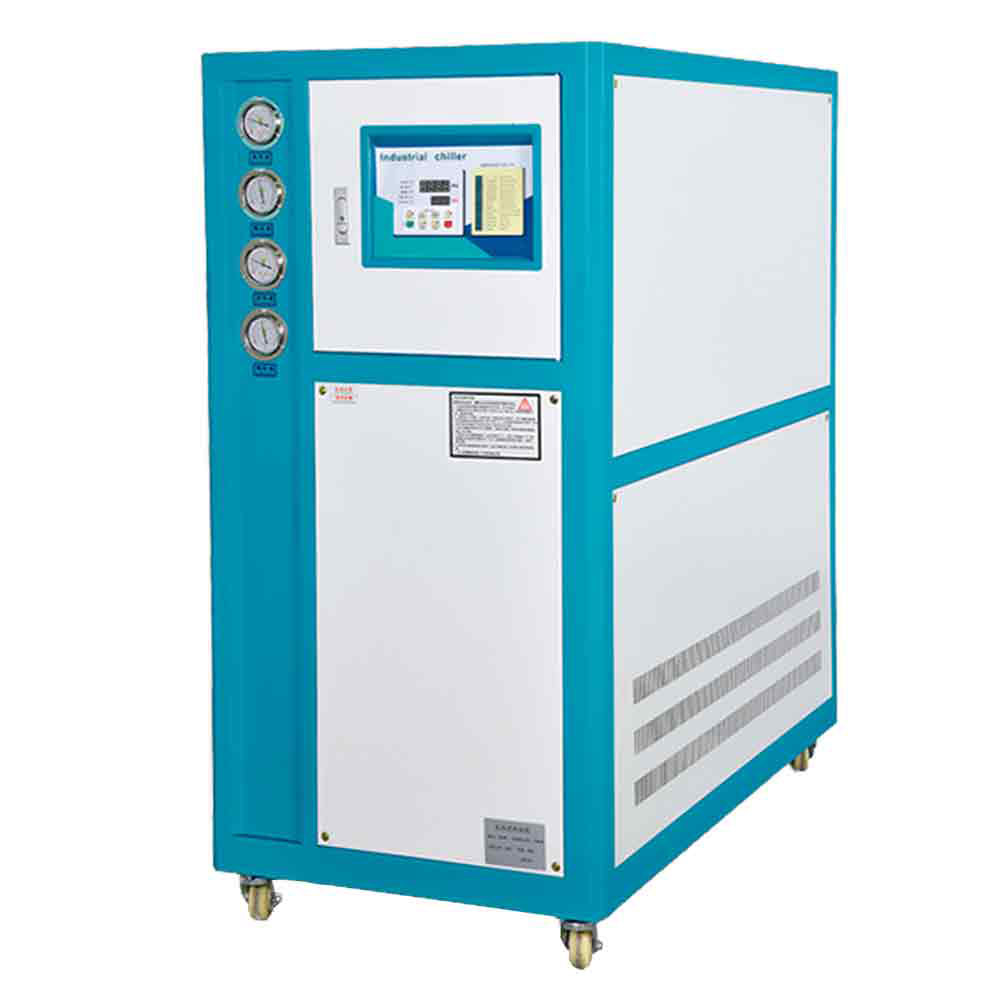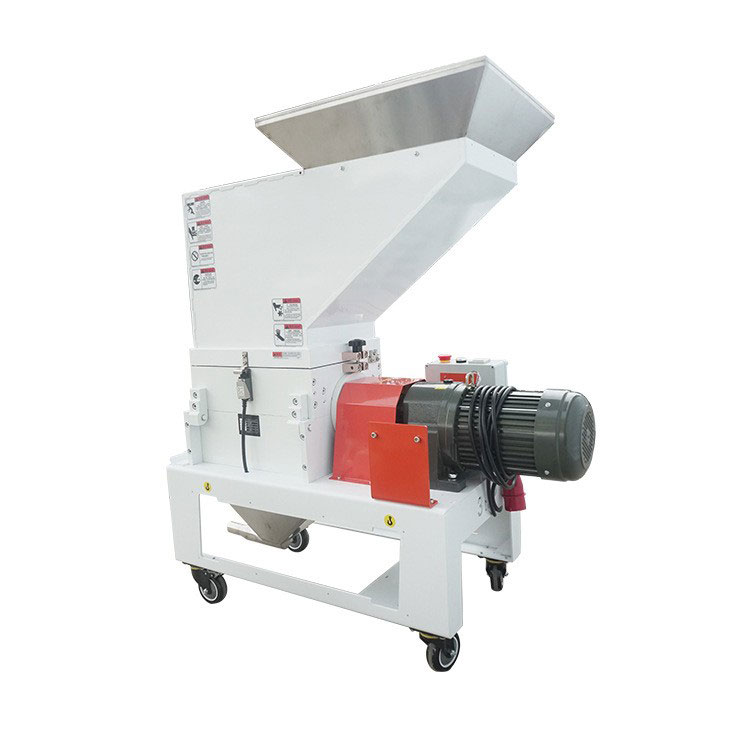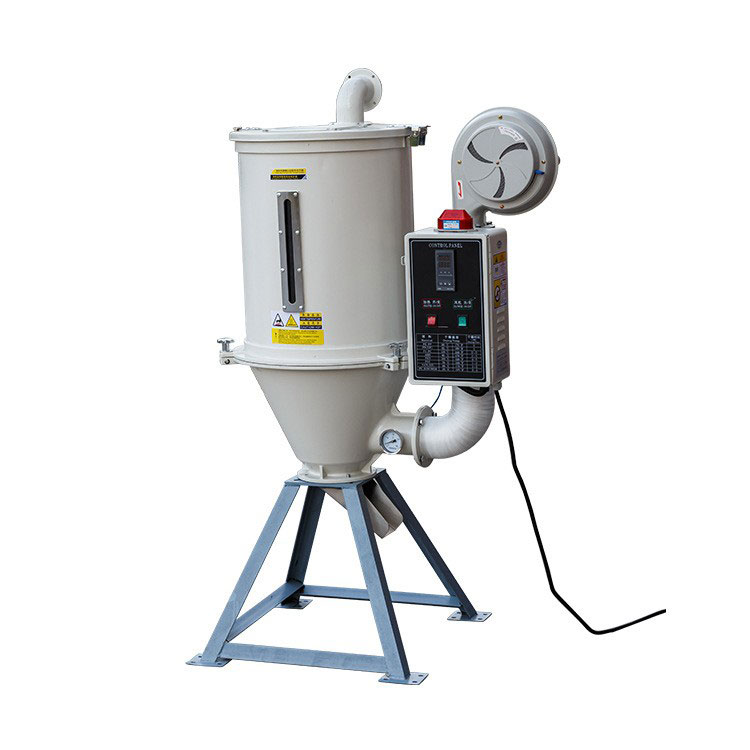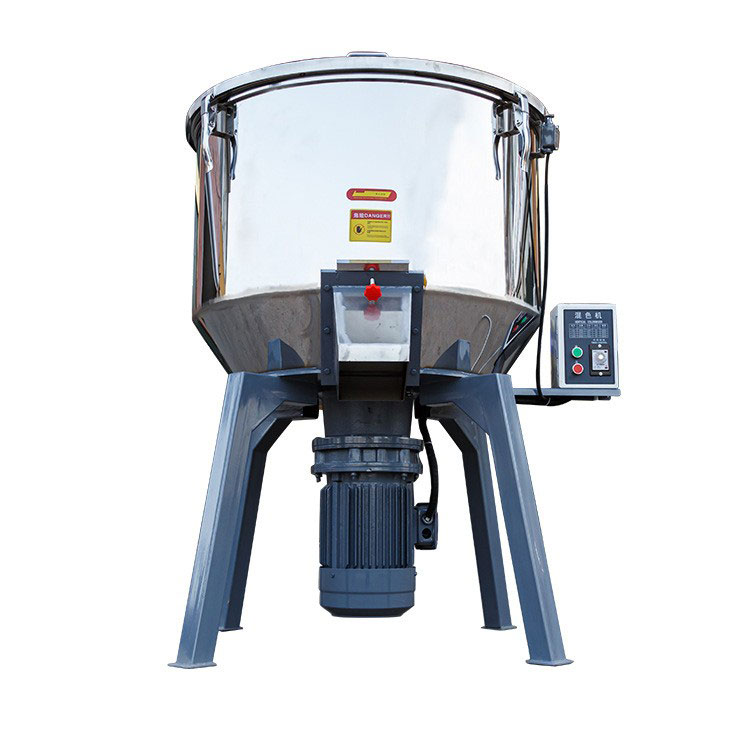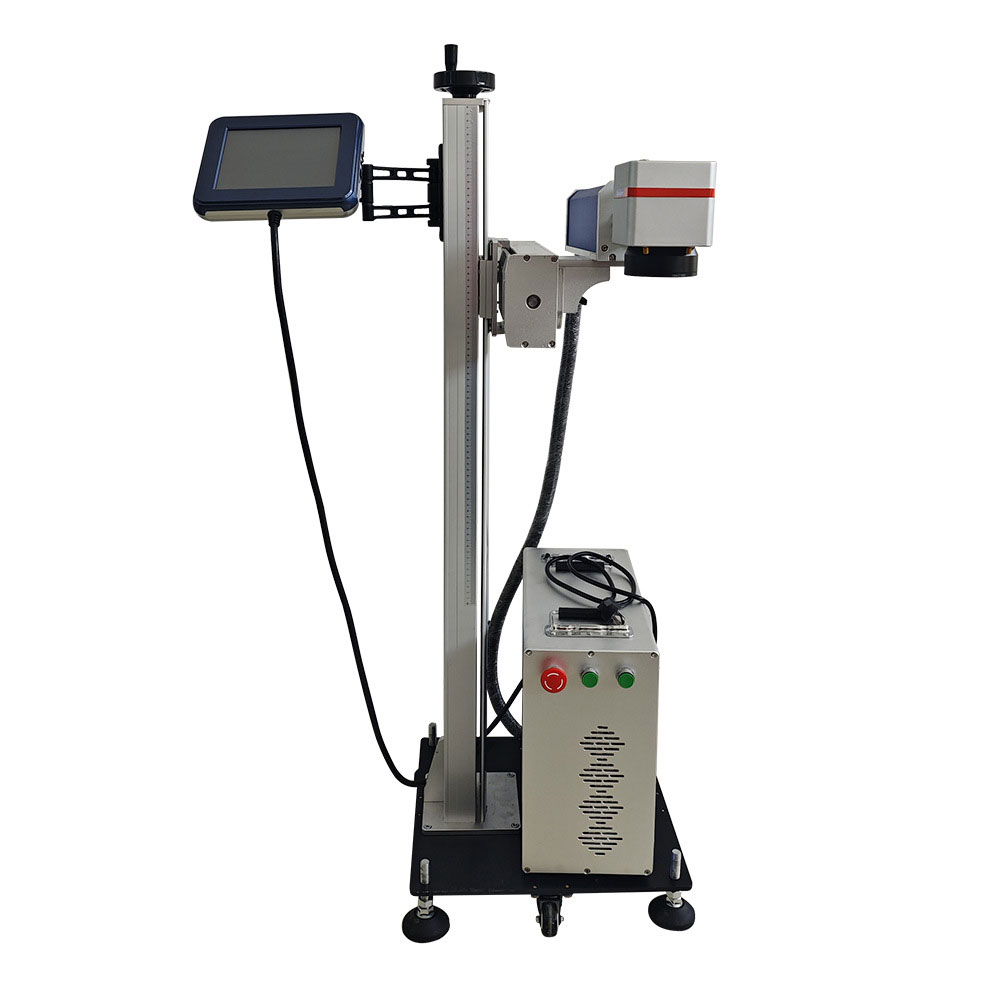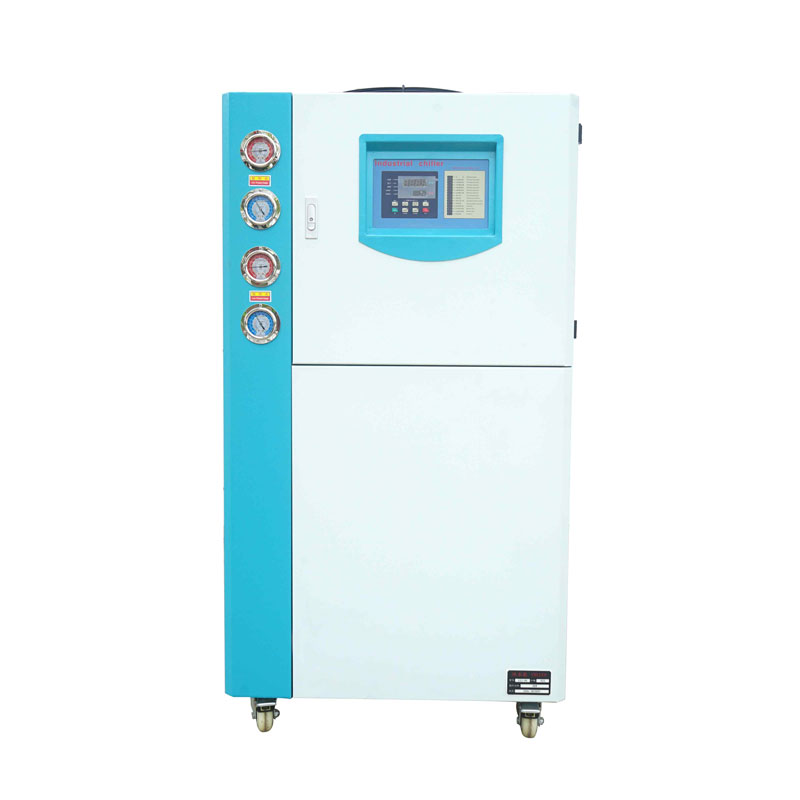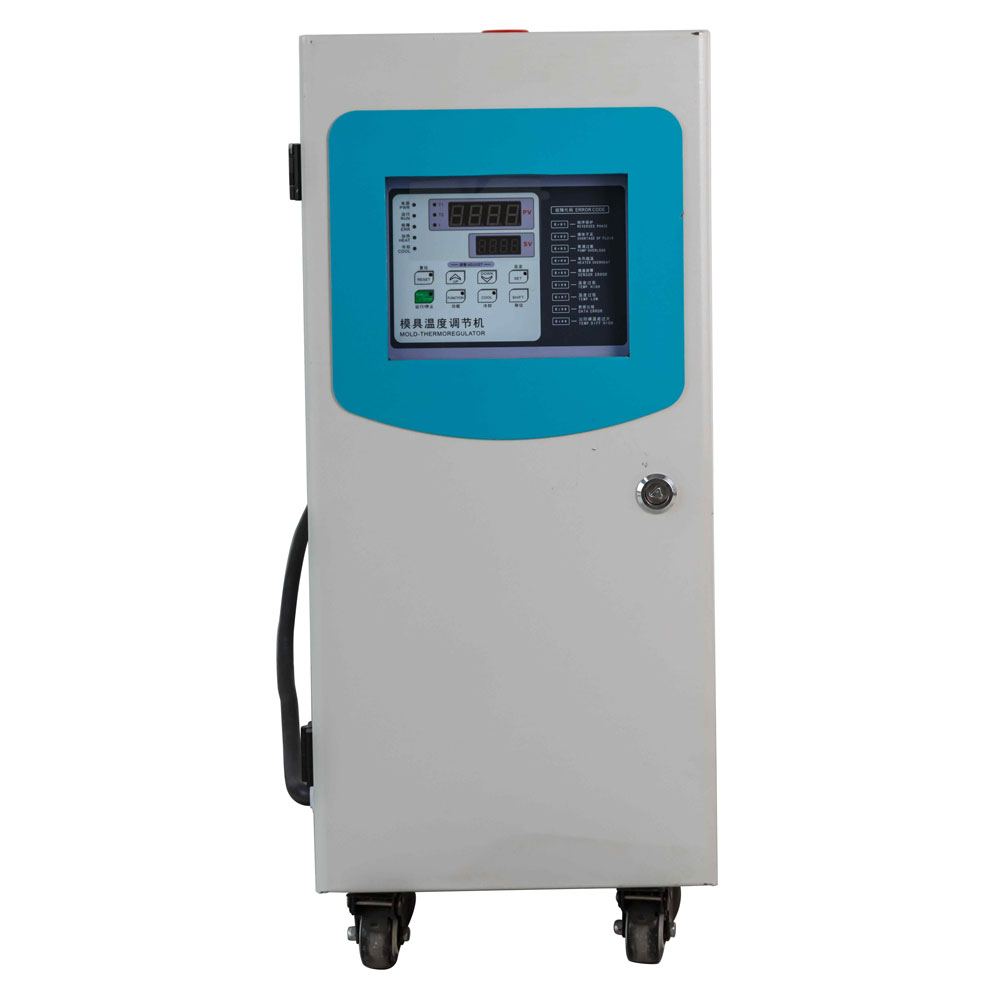
Cold and Heat Exchange Series
An industrial chiller is a specialized cooling system designed to remove excess heat from various industrial processes or equipment. It plays a crucial role in maintaining temperature stability and ensuring the efficient operation of machinery and production processes in a wide range of industries.
CONTENTS
Want to Buy Plastic Auxiliary Equipment From Us?
Get in touch with us today, we support different range of order service to meet your need.
Key features and functions
Industrial chillers are robust and versatile cooling systems engineered to manage and regulate temperatures within industrial settings. They are essential for maintaining the optimal working conditions of machinery, processes, and materials in diverse industrial sectors such as manufacturing, pharmaceuticals, food and beverage, plastics, and more.
Key features and functions of industrial chillers include:
Cooling Capacity: Industrial chillers are available in various capacities to meet the cooling requirements of different applications, from small-scale operations to large manufacturing facilities.
Temperature Control: These systems offer precise temperature control, ensuring that critical processes and equipment operate within specified temperature ranges. This is essential for quality control and product consistency.
Energy Efficiency: Modern industrial chillers are designed to be energy-efficient, helping industries reduce their energy consumption and operational costs while maintaining high-performance cooling.
Heat Exchange: They utilize a heat exchange process, typically involving refrigerants, water, or other cooling fluids, to absorb and dissipate excess heat generated during industrial processes.
Variety of Types: Industrial chillers come in various types, including air-cooled chillers and water-cooled chillers, each suitable for specific applications and environmental conditions.
Reliability: Reliability is crucial in industrial environments, and these chillers are built to withstand the demands of continuous operation, minimizing downtime and ensuring productivity.
Remote Monitoring: Many industrial chillers feature advanced control systems that allow for remote monitoring and adjustments, providing operators with real-time data and control over the cooling process.
Environmental Considerations: Some chillers are designed with eco-friendly refrigerants and efficient components to minimize their environmental impact and comply with environmental regulations.
In summary, industrial chillers are indispensable components of many industrial processes, serving to maintain optimal temperatures, enhance efficiency, and extend the lifespan of equipment. They are essential for industries seeking to optimize their production processes while ensuring product quality and energy conservation.
Key features and functions of industrial chillers include:
Cooling Capacity: Industrial chillers are available in various capacities to meet the cooling requirements of different applications, from small-scale operations to large manufacturing facilities.
Temperature Control: These systems offer precise temperature control, ensuring that critical processes and equipment operate within specified temperature ranges. This is essential for quality control and product consistency.
Energy Efficiency: Modern industrial chillers are designed to be energy-efficient, helping industries reduce their energy consumption and operational costs while maintaining high-performance cooling.
Heat Exchange: They utilize a heat exchange process, typically involving refrigerants, water, or other cooling fluids, to absorb and dissipate excess heat generated during industrial processes.
Variety of Types: Industrial chillers come in various types, including air-cooled chillers and water-cooled chillers, each suitable for specific applications and environmental conditions.
Reliability: Reliability is crucial in industrial environments, and these chillers are built to withstand the demands of continuous operation, minimizing downtime and ensuring productivity.
Remote Monitoring: Many industrial chillers feature advanced control systems that allow for remote monitoring and adjustments, providing operators with real-time data and control over the cooling process.
Environmental Considerations: Some chillers are designed with eco-friendly refrigerants and efficient components to minimize their environmental impact and comply with environmental regulations.
In summary, industrial chillers are indispensable components of many industrial processes, serving to maintain optimal temperatures, enhance efficiency, and extend the lifespan of equipment. They are essential for industries seeking to optimize their production processes while ensuring product quality and energy conservation.
Fill out my online form.

